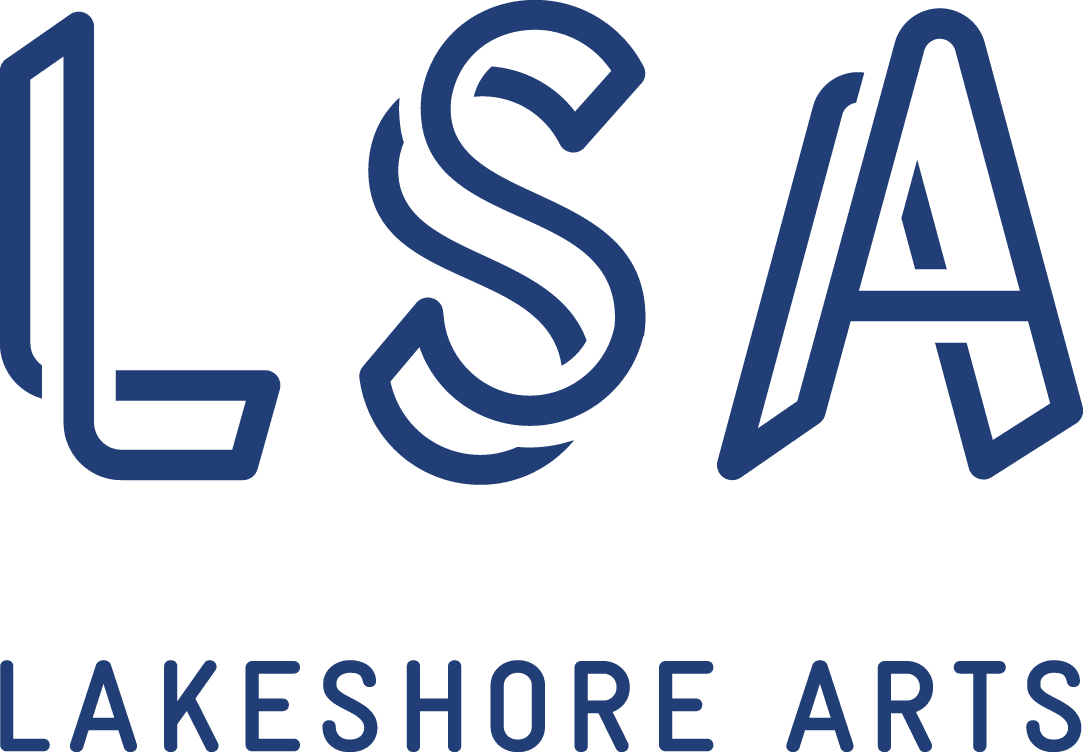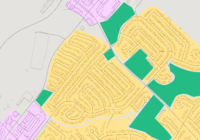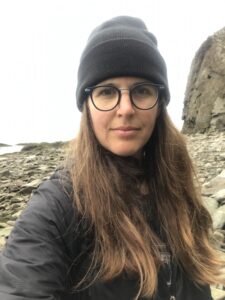In June 2021, the federal government announced the creation a new statutory holiday known as the National Day for Truth and Reconciliation to be recognized on September 30 each year. This day fulfills the Truth and Reconciliation Commission’s Call-to-Action #80 and will serve as a day of remembrance, reflection, action and learning. Since 2013, September 30 has been known as Orange Shirt Day, a day to recognize the tragic history and long-standing effects of residential schools.
Truth and Reconciliation Call-to-Action #80: We call upon the federal government, in collaboration with Aboriginal peoples, to establish, as a statutory holiday, a National Day for Truth and Reconciliation to honour Survivors, their families, and communities, and ensure that public commemoration of the history and legacy of residential schools remains a vital component of the reconciliation process.
The following is a list of resources meant as a starting point for learning, unlearning, and reflecting about the history of Canada and the historic and contemporary issues faced by Indigenous peoples as a consequence of colonialism.
🧡🧡🧡🧡🧡🧡🧡
Learn
We are all treaty people. Learn the history of the land you are on and don’t rely on your Indigenous friends and colleagues to do this work for you. Check out: native-land.ca and whose.land, land back resources and Yellowhead Institute.
Read and familiarize yourself with the Calls to Action identified by the Truth and Reconciliation Commission of Canada and the Calls for Justice identified by the National Inquiry into Missing and Murdered Indigenous Women and Girls, and reach out to your government representatives at all levels of government to implement them. Yellowhead Institute published a status update on Reconciliation in Dec 2019.
Indigenous Canada – This 12-lesson course from the University of Alberta’s Faculty of Native Studies, explores Indigenous histories and contemporary issues in Canada. This course is taught from an Indigenous perspective and delves into key issues facing Indigenous peoples today from a historical and critical perspective highlighting national and local Indigenous-settler relations.
Indigenous History, Culture & Current Trends – This full-day training program from the Native Centre of Toronto provides non-Indigenous and Indigenous attendees with an overview of today’s Indigenous culture and how the historical and current experiences shape misinformed views of Indigenous people.
The Anti Oppression Network – This network was built to recognize the oppressions that exist within our society and attempts to mitigate its affects through education and eventually equalize the power imbalance in communities.
Media Indigena (podcast) – A weekly Indigenous current affairs podcast. This media site’s goal is to inspire and conspire with those who share a passion for advancing the well-being of Indigenous peoples.
Learn more about residential schools: www.youtube.com/watch?v=VFgNI1lfe0A
Take a course: coursera.org/learn/indigenous-canada
Listen to indigenous stories: downiewenjack.ca/a-day-to-listen/
Watch ‘Every Child Matters: Truth’ by National Centre for Truth and Reconciliation: www.youtube.com/watch?v=SFTHHtRy8Do
Reflection on important questions
What are you grateful for?
How do you care for this land?
How can we practice reciprocity to the people whose land we are occupying?
Books
21 Things You May Not Know About the Indian Act: Helping Canadians Make Reconciliation with Indigenous Peoples a Reality – This book by Bob Joseph is based on the viral article “21 Things You May Not Know About the Indian Act” and is a fundamental guide in understanding the legal document and its repercussions on generations of Indigenous peoples.
Seven Fallen Feathers – This book by Tanya Talaga delves into the history of the northern city that is known to have Canada’s longest struggle with human rights violations against Indigenous communities
Canadian History Books by Indigenous Authors – This is a list of books by Indigenous authors from Raven Reads, which is a site created to educate others about the impact of Residential schools on Indigenous peoples and features a subscription box service that delivers curated books and giftware that is written or created by Indigenous peoples from around the world each season.
108 Indigenous writers to read (2017) – This list created by the CBC with inspiration from FOLD (Festival of Literary Diversity) highlights picks from readers about their favourite Indigenous stories.
35 books to read for National Indigenous History Month Social Sharing (2020) – This list, which is also created by the CBC showcases their reading recommendations with books ranging from graphic novels, biographies to fiction.
Muskrat Magazine – An online Indigenous arts, culture, and living magazine that honours the connection between humans and the traditional ecological knowledge which features original works and critical commentary.
Redistribute resources
If you are able to donate, amplify, support: Here are some local Indigenous led organizations:
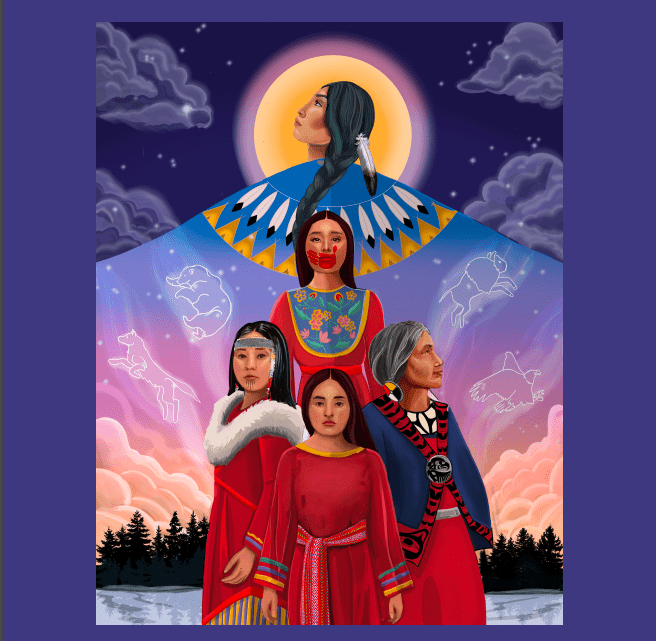
The Native Women’s Association of Canada
A National Indigenous Organization which represents the political voice of Indigenous women, girls and gender diverse people in Canada. Their goal is to enhance, promote and foster the social, economic, cultural, and political well-being of Indigenous women within their communities and Canadian societies.
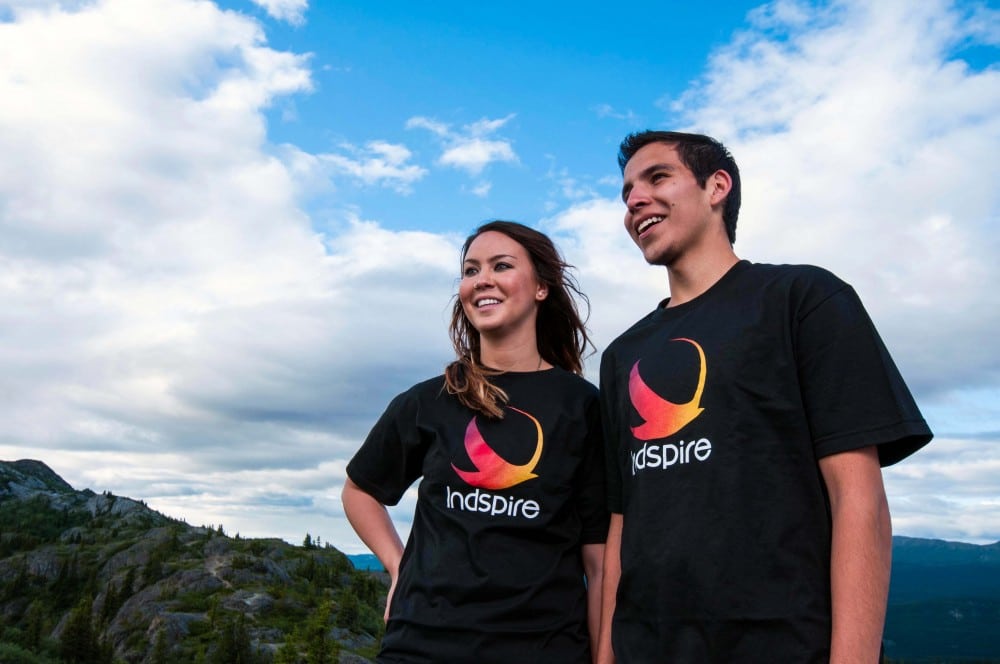
Indspire
A National Indigenous registered charity, they invest in the education of First Nations, Inuit, and Métis people to provide them with long term benefits for these individuals, their families and communities. Their vision is to enrich Canada through Indigenous education and inspire achievement.
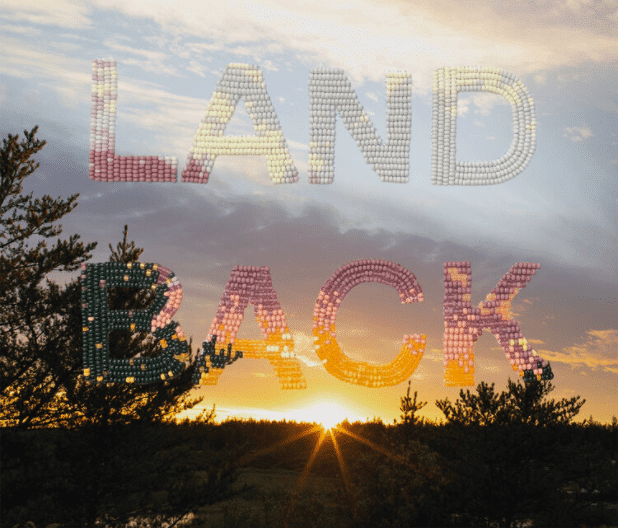
1492 Land Back Lane
The Haudenosaunee peoples are advocating for their land. “The Haudenosaunee have an absolute right to self-determination in their traditional territories. Stopping unwanted development is critical to establishing meaningful nation-to-nation relationships and achieving reconciliation. Canada, Ontario, municipalities, investors and developers must end the unwanted exploitation of our lands and waters.”
Learn more: protectthetract.com
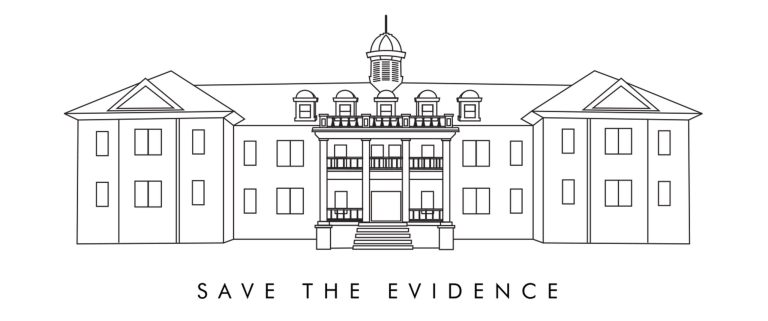
Save the Evidence
Save the Evidence is a campaign to raise awareness and support for the restoration of the former Mohawk Institute Residential School, and to develop the building into an Interpreted Historic Site and Educational Resource. As a site of conscience, the final goal is to create a fully-realized Interpretive Centre that will be the definitive destination for information about the history of Residential Schools in Canada, the experiences of Survivors of the schools, and the impact that the Residential School system has had on our communities.
Our community overwhelmingly wanted to repair the building – to Save the Evidence of what happened there during this dark chapter in Canadian history and to ensure this history is never forgotten.
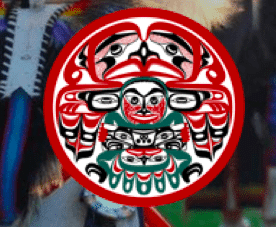
The Indian Residential School Survivor Society
The Indian Residential School Survivor Society (IRSSS) is a provincial organization with a twenty-year history of providing services to Indian Residential School Survivors.
IRSSS provides essential services to Residential School Survivors, their families, and those dealing with Intergenerational traumas.
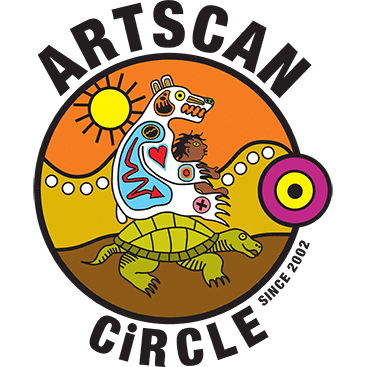
ArtsCan Circle
Founded in 2002, ArtsCan Circle is a registered charity dedicated to confronting the multiple realities and inequalities facing First Nations, Innu, Inuit and Métis youth in remote, Northern communities. As well as to convey one clear message to the youth: You are valued, and your voices are important.
Since then, ArtsCan Circle has sent artists to over 16 communities to facilitate creative art workshops for the youth. In addition, they have shipped over 40,000 harmonicas and countless violins, keyboards, fiddles, ukuleles and guitars, and impacted over 10,000 Indigenous youth.
Learn more and donate: artscancircle.ca
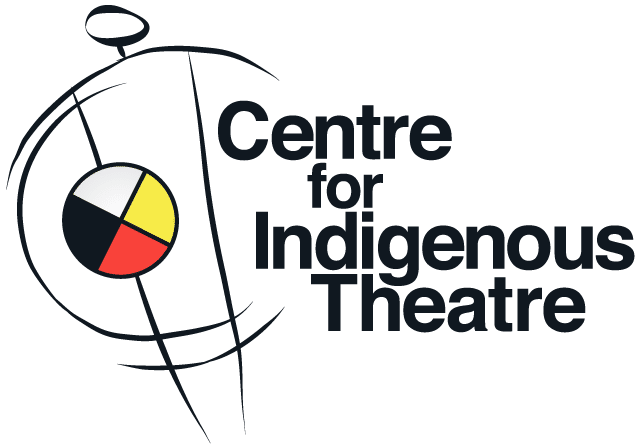
The Centre for Indigenous Theatre
The Centre for Indigenous Theatre (CIT), an institution offering a unique Indigenous cultural, theatre and performance training program. CIT contributes to the advancement of an Indigenous cultural economy and the Arts generally, helping to mould young talent and professionals, organizing community presentations and workshops, and by working closely with alumni to share our learnings and our craft in a culturally appropriate and inviting setting.
A space for Indigenous artists to explore their creativity in a supportive environment to reduce some of the risks and uncertainties the characterize non-Indigenous learning environments.
Learn more and donate: indigenoustheatre.com
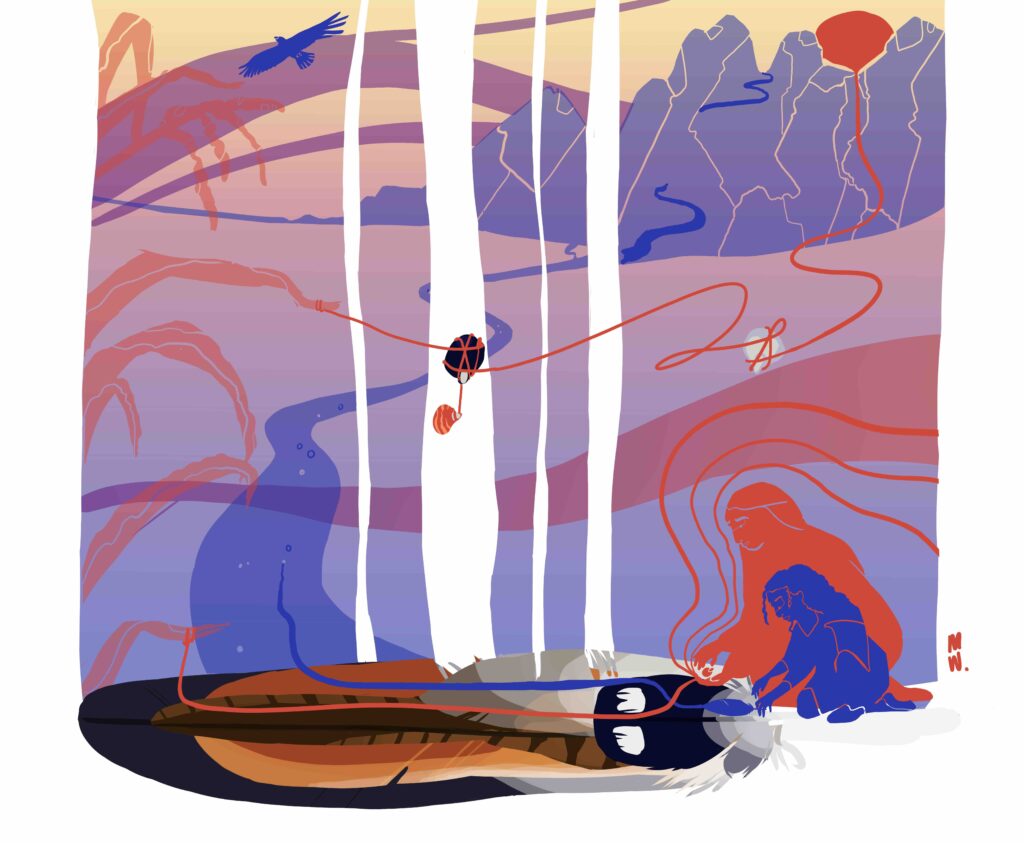
The Indigenous Curatorial Collective
The Indigenous Curatorial Collective / Collectif des commissaires autochtones (IC/CA) is an Indigenous run and led non-profit organization that aims to support and connect fellow Indigenous curators, artists, writers, academics, and professionals through various methods of gathering. The IC/CA engages in critical discourses, increases professional opportunities for our members, develops programming, and most importantly works to build reciprocal relationships with Indigenous curators, artists, communities and the institutions we engage with.
Learn more: acc-cca.com/about
Check out The Knowledge Within Us, an education initiative of the ACC.
Image: Melisse Watson, Adassligi (Blessings), 2020
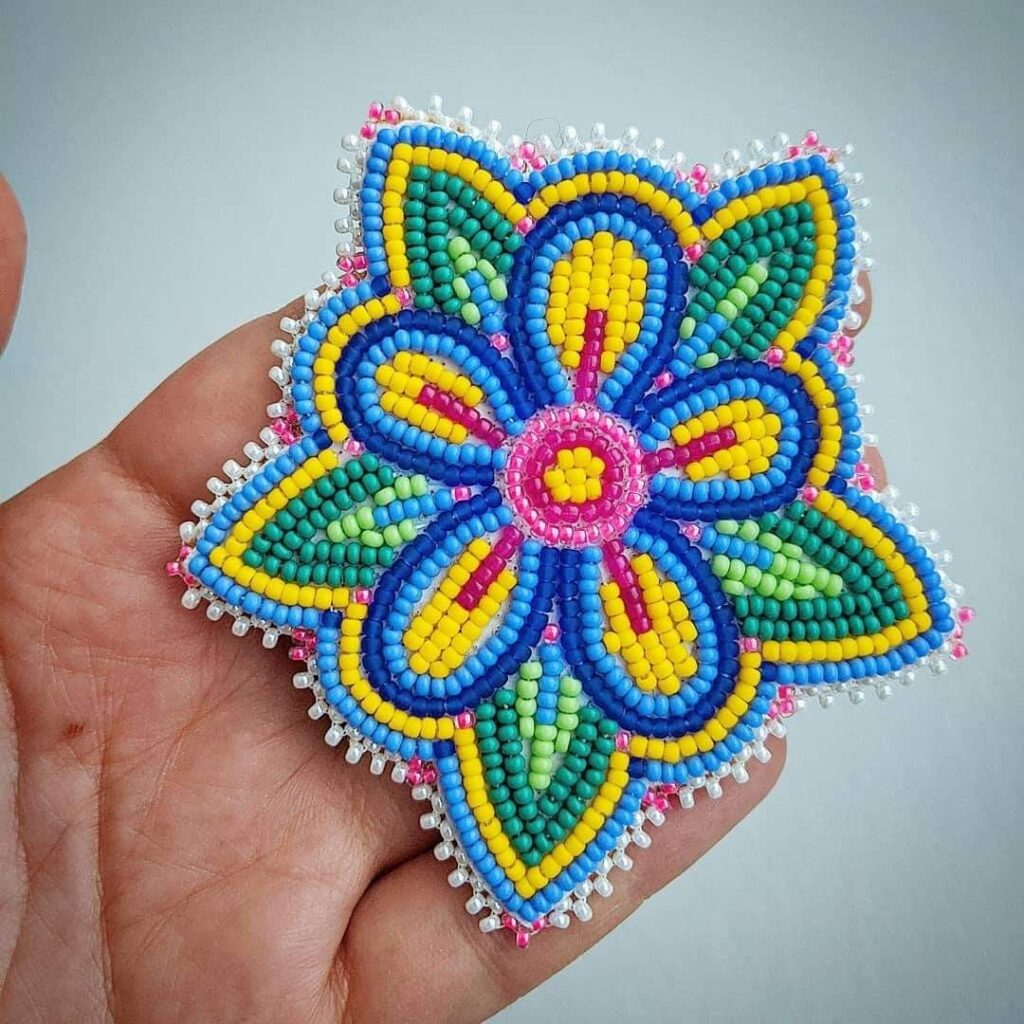
Native Canadian Centre of Toronto
Native Canadian Centre of Toronto is a membership‑based, charitable organization located in the heart of downtown Toronto [offering] a wide range of programs and services based on Indigenous cultural traditions and teachings.
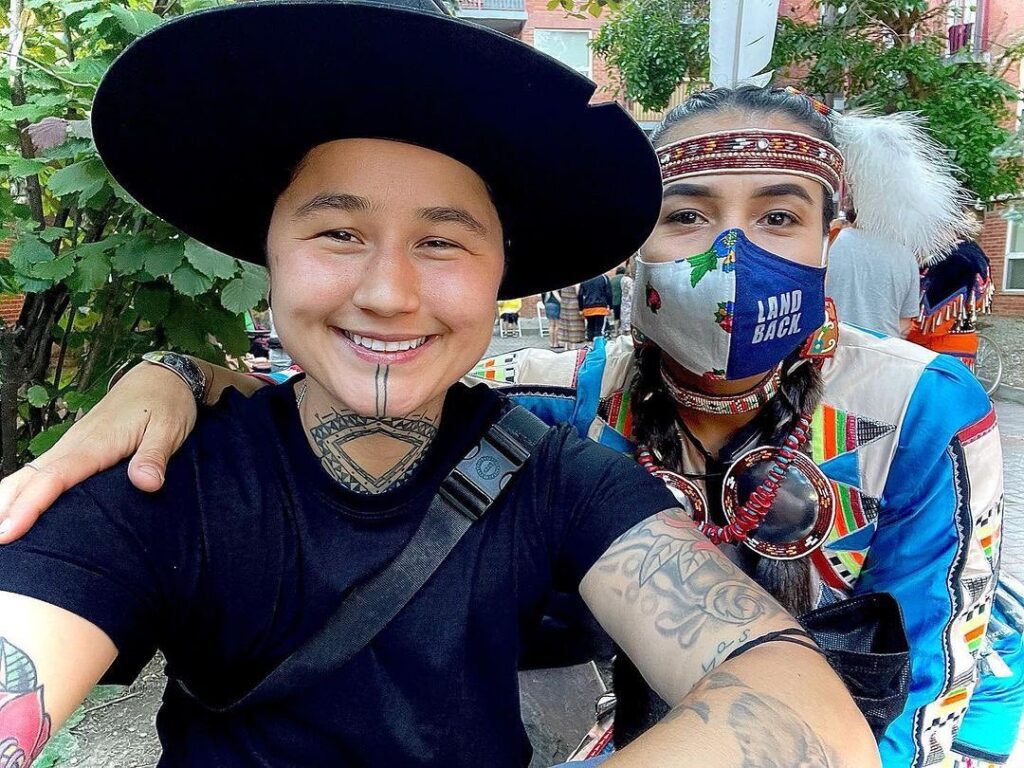
Toronto Indigenous Harm Reduction
Toronto Indigenous Harm Reduction is a response to the pandemic of ongoing colonization and lack of services for the urban Indigenous population.
TIHR aims to reduce the negative impacts of substance use and other stigmatized behaviours and experiences through culture and unconditional support.
TIHR is an entirely queer and Two‑Spirit Indigenous collective founded by Nanook Gordon, co led by Brianna Olson Pitawanakwat and Lua Mondor and supported by Dashmaawaan Bemadzinjin (They feed the people) and countless volunteers.
Follow them on instagram: @torontoindigenousharmreduction
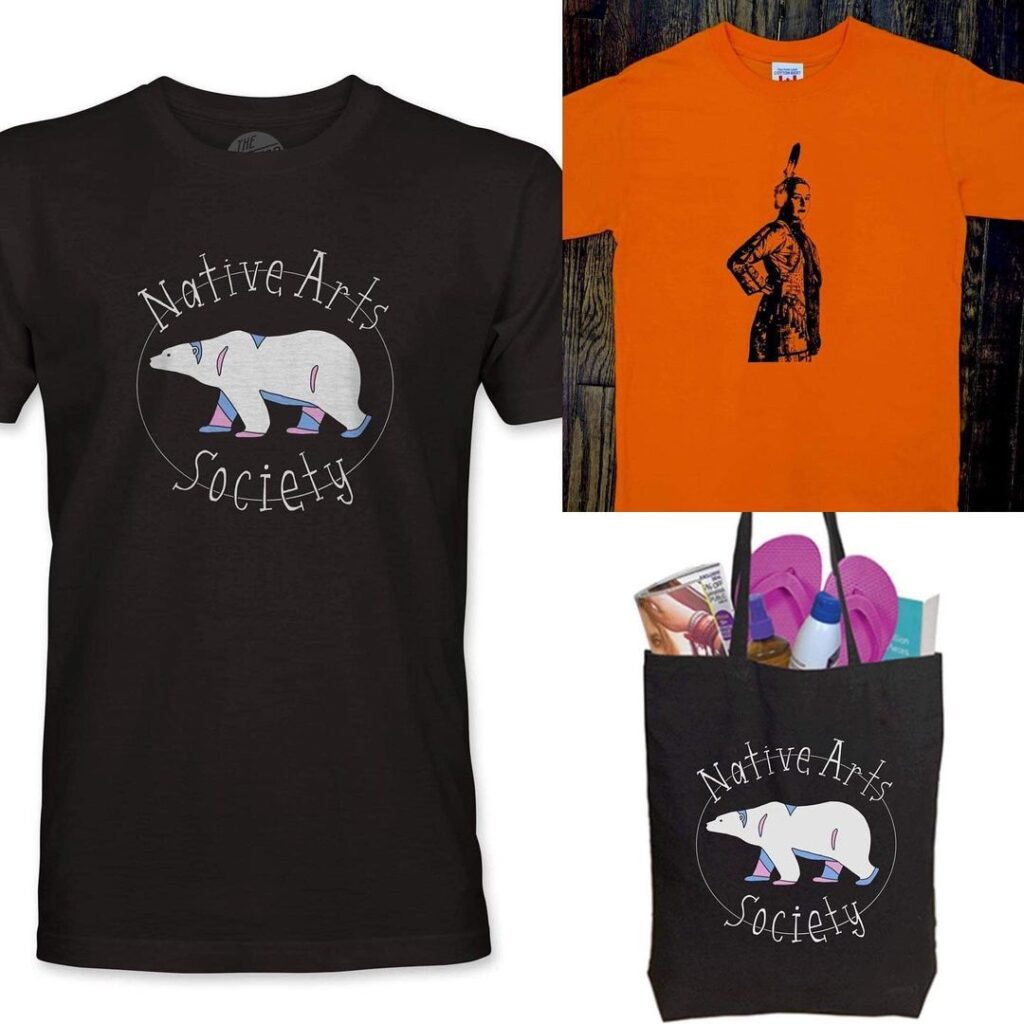
Native Arts society
Native Arts Society was inspired by “art days” which began in May 2020 at one of the encampments and on a street corner in Parkdale, Toronto. All pieces are donated by the Artista or by someone who wants to contribute to our cause by donating art in their possession. All proceeds will go towards opening the only Queer/Trans Indigenous‑owned and run art studio, gallery, and storefront in Toronto.
Help support for the Native Arts Society with a new Studio & Gallery: DONATE
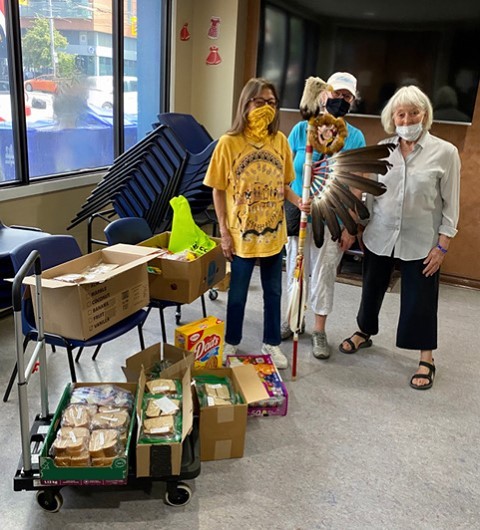
Toronto Council Fire Cultural Centre
Toronto Council Fire Cultural Centre provides counselling, material assistance and other direct services to First Nations people as well as to encourage and enhance spiritual and personal growth.
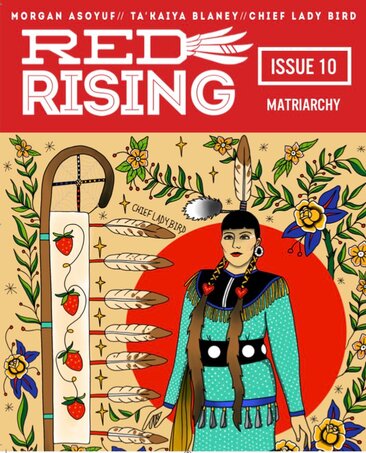
Groundwork For Change
A site that gathers information to help non-Indigenous/settler peoples grow relationships with Indigenous peoples that are rooted in solidarity and justice. Their site is meant to support people who are asking questions and looking to learn more in ways that are respectful of, and useful to, Indigenous Peoples.
Additional resources
Indigenous resource list for allies – by Myseum of Toronto, this is a non-exhaustive list of resources including reports, courses, documentaries, books, podcasts, organizations, and articles about various topics surrounding Indigenous peoples in what is currently known as Canada.
Indigenous Ally Toolkit – by the Montreal Urban Aboriginal Community Strategy Network, this guide to allyship provides an informative breakdown of different terms in allyship and a step-by-step process on how to be a better ally.
Indigenous Allyship – by Living Hyphen, this resource list includes great courses, books, organizations, businesses and much more to help you get started with learning about the Indigenous community.
